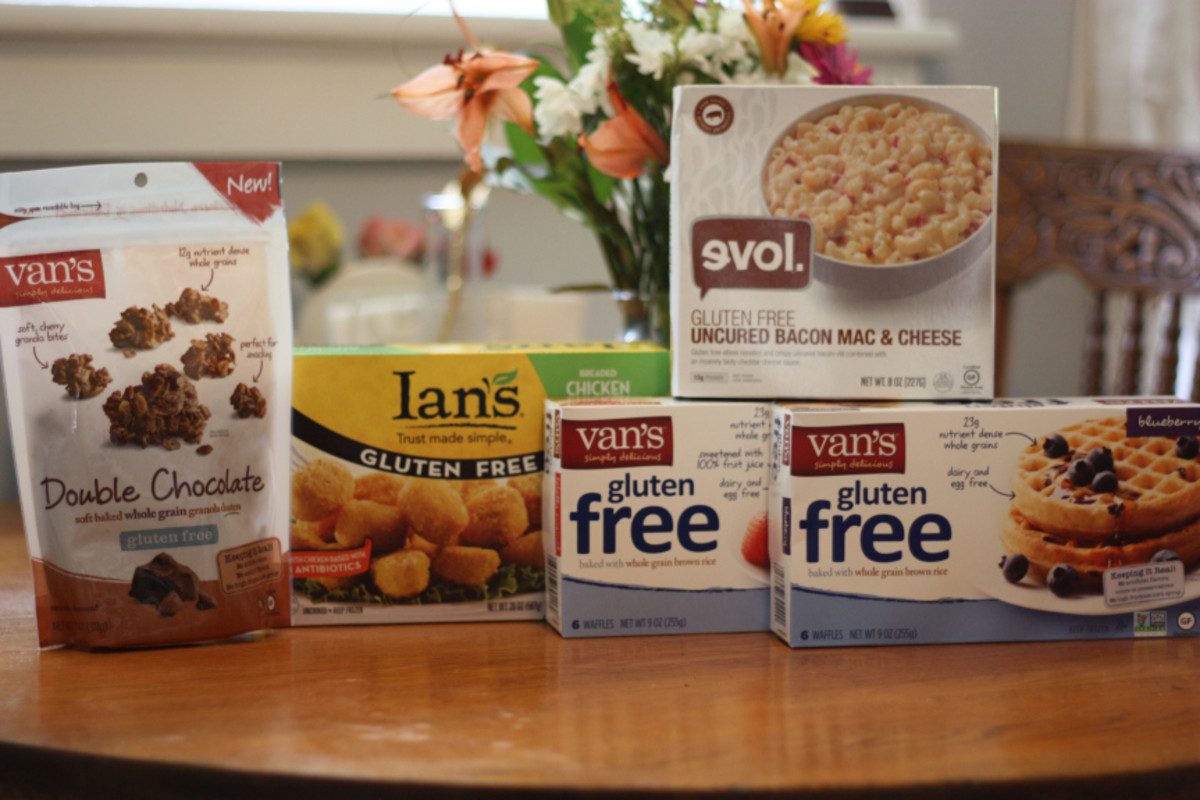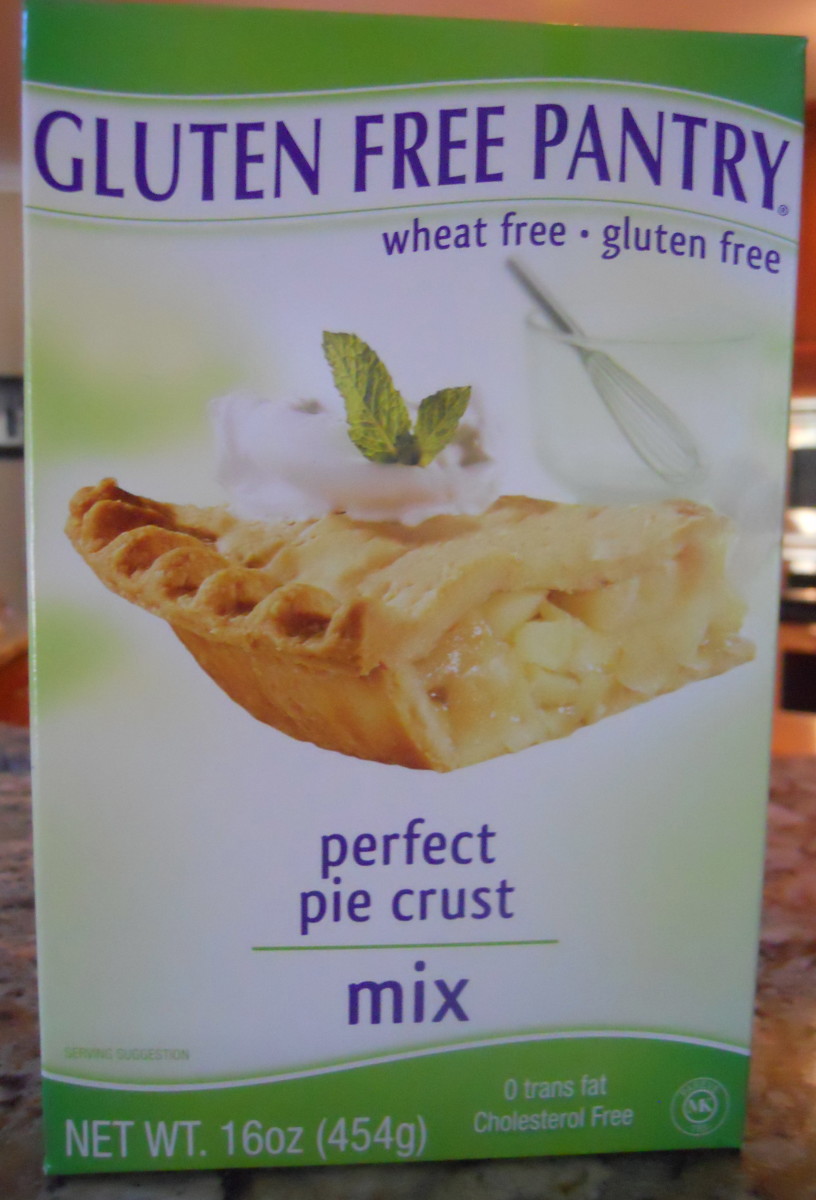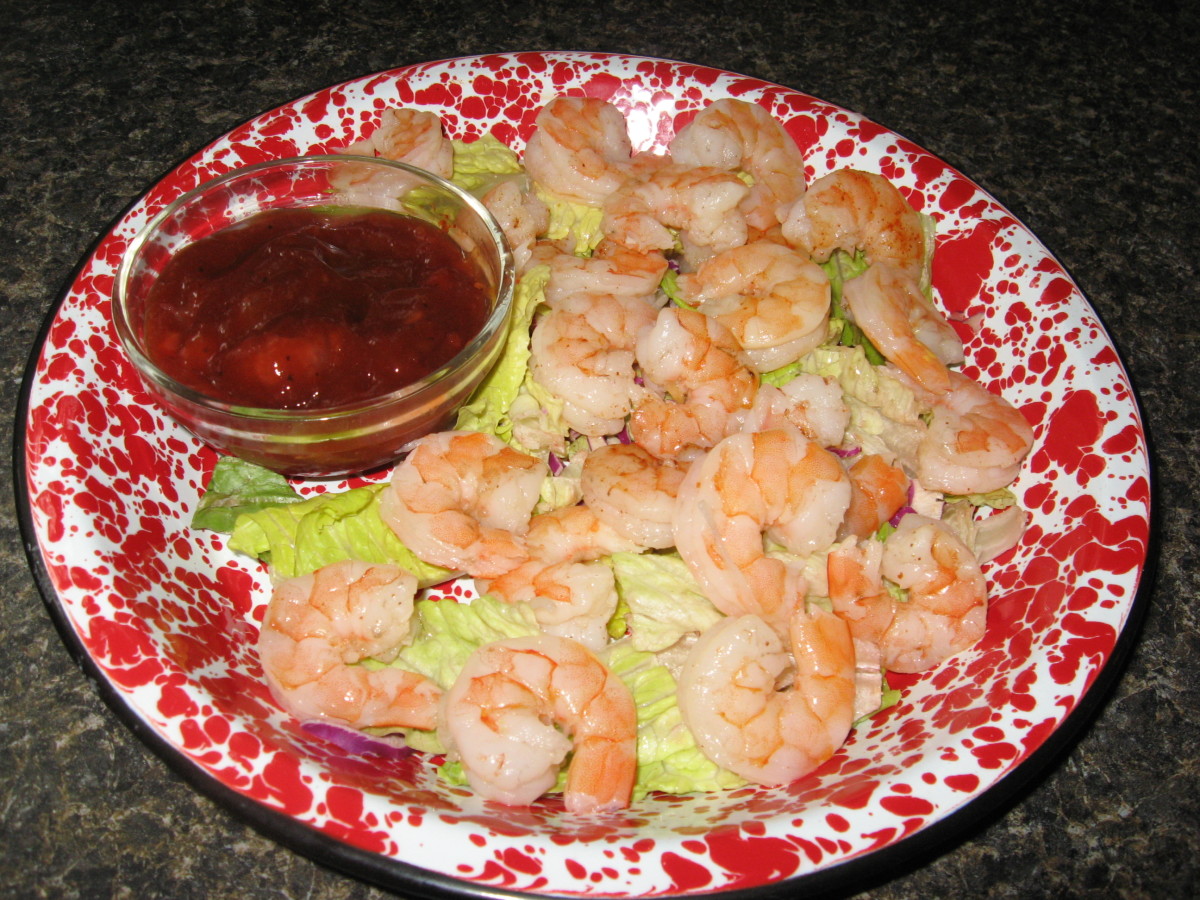Gluten Free is for the Rich. Or Is It?

Gluten Free is for the Rich
Gluten free eating tends to be associated with high end grocery stores, trendy restaurants or bakeries and celebrity diets. So when someone makes a comment that they are now eating gluten free, the response of "Well, we can't all be rich!" isn't that uncommon.
Unfortunately, the vast majority of those going gluten free aren't rich. The fact is, Celiac Disease and Gluten Intolerance strike all levels of income indiscriminately. Well, maybe not indiscriminately. A recent study showed that boys of lower socioeconomic status are more likely to develop Celiac Disease than girls. It didn't explain why.
At any rate, whether you're rich or poor, male or female, young or old, you're at risk for Celiac Disease or Gluten Intolerance. The risk increases if there is an autoimmune disease in your family.
Celiac Disease is simply an autoimmune response. It's your body sending out 'soldiers' to attack the offending gluten proteins. Since they aren't actually germs or viruses invading, a massive war erupts, damaging the intestinal walls and destroying villi. It doesn't matter how much money goes into the bank each month. The immune response can and will take place if it's triggered.
The only real role that socioeconomic status is known to play in Celiac Disease is the rate of appropriate diagnosis. You see, if you don't have a lot of money, you're not likely to go in for an endoscopy. You aren't likely to complain too much of digestive complaints unless they impact your ability to earn an income, and even then, you're often dismissed with stress related ailments. (Poor people work hard. They have bills to pay. They worry about things like rent, and food, and shoes for their kids. When the doctor says "Maybe it's stress", there's a good chance stress is a big part of the pictures, and it's easier to accept than to argue for more costly medical procedures.)
When your basic needs are met with some wiggle room for luxuries (like a doctor's appointment), it's easier to do a little more research on your symptoms. People who have had the time to do their own research are more likely to ask the doctor more questions. And to request medical tests that might become somewhat costly. The higher your socioeconomic status, the better health care is available to you as well. The most recent statistics show it takes an average of 4 and a half years to diagnose Celiac Disease from the onset of symptoms, and that diagnosis is more prompt when patients request testing.
The point of this article is that socioeconomic status doesn't matter when it comes to Celiac Disease. Although there are some people who know just enough about the condition to classify it as a disease of the rich, it's not. But the first time you go grocery shopping for a gluten free friend or child, you might start to see why it might be considered a 'rich' disease.

Celiac Sticker Shock
A loaf of bread can usually be found in the grocery store for around $2. A loaf of Gluten Free bread will cost closer to $6, and half of them taste like styrofoam.
Cereal costs around $3. Or $7 for a smaller box of gluten free specialty cereal. Frozen meals are up to 4 times what you'll pay for a cheap equivalent. Cookies? Crackers? Even pasta is pricey.
Of course, if you're only shopping for gluten free convenience foods, you're in trouble in more ways than one. Your bank account may be the first to show the damage, but your heart and colon really won't be far behind.
Whether they're rich or poor, a healthy individual with Celiac Disease only uses convenience foods part of the time. I think part of the problem comes with society's expectations. Lower socioeconomic groups tend to eat more crackers, ramen and macaroni and cheese. These foods are shelf stable, frequently on sale and easy to prepare and eat while on the run. To prepare comparable snacks and meals for a patient with Celiac Disease would cost a fortune.
But the flip side of the coin shows that healthier meals and snacks are available for much, much less. Rice, for instance, is known around the globe for being an affordable pantry staple. Dried beans are noteworthy. The health savvy sect of high income households rely on bean based dishes because they know the humble legumes are a powerhouse of nutrients. Lower income households build meals around them as an efficient, inexpensive source of protein. Either way, they're inexpensive and gluten free.
People who have Celiac Disease find themselves rethinking their shopping lists in a hurry. While the gluten eating masses may consider a sandwich to be a quick, easy to pack meal, it's cost prohibitive for the Celiac community. I don't know about other gluten free households, but ours limit the sandwich and toast eating. Sandwiches are a weekly lunch, not a daily.one. (You can see my hub on gluten free lunches for ideas beyond sliced bread)
Celiacs have to eat. And they have to eat gluten free. Rich or poor, calories are an essential source of life (and if a person with Celiac doesn't eat gluten free, their body stops utilizing the calories they take in.) So, a person with Celiac Disease readjusts their image of affordable pantry staples.
What are Affordable Options?
Some affordable pantry staples:
- rice
- beans, dried or canned
- rice cakes
- marinara sauce
- gluten free pasta bought in bulk or on sale
- tuna
- peanut butter (Note that the price of peanut butter seems to be going up, so it's affordability may change for Celiacs and non Celiacs alike.)
- dried fruit
- broth, vegetable or chicken
- nuts
- potato chips (hey, it doesn't all have to be healthy!)
Gluten Free Diets Are For Health Nuts
People with Celiac Disease and a lower socioeconomic status might end up eating healthier in the long run. Their options are the most limited. If they can't afford to fill up on inexpensive, on sale chocolate chip cookies; they can afford to fill up on baked potatoes with frozen veggies. They can't eat croutons, so they top their salads with hard boiled eggs. If pasta is too expensive, they eat brown rice. And last minute pizza runs are off the table for good. So they have to be prepared, or go hungry.
Eating gluten free isn't inherently cheaper than eating gluten. It is, at best, comparable. Any fun alternative foods will cost more than their gluten free counterparts. But, like any human being, a person with Celiac Disease puts their health first. They budget for gluten free food the way someone with diabetes might budget for insulin.
Gluten free diets aren't specifically healthier than any other diet. And the person on a gluten free diet isn't necessarily on a gluten free diet to lose weight, or to eat healthy. It just turns out that unprocessed 'health food' just happen to frequently be a cheap, gluten free option for the gluten intolerant.
What About Baking? Gluten Free Flour Costs a Fortune!
You're right. Gluten free flour, xanthan gum and a lot of gluten free baking mixes are expensive. And to make your first gluten free batch of cookies costs almost as much as the original diagnosis, because you have to buy several different packages of flour to come up with a comparable mixture to the old fashioned baking flour you used to use.
Gluten free baked goods are not a negligible plate of cookies to donate to the school bake sale, or a cheap but personal addition to the office potluck. If you focus on dessert, gluten free goodies might seem like a decadent luxury. For some people with Celiac Disease, they are. This doesn't mean that gluten intolerant individuals give up and eat gluten filled goodies. It means that they are more likely to snack on apple slices or simply a really good candy bar if they have a sweet tooth and a budget. It means that purchasing flour needs to be a planned process, and that it costs more up front. But that up front expenditure can last several months. What a gluten free diet really means is that those of us on a tight budget simply don't splurge on cookies or cake as often as we used to. (This ironically also makes us look like health nuts)
Isn't Gluten Free Trendy?
The gluten free lifestyle has risen to trend status. Hollywood idols have jumped on the bandwagon, some of them from necessity and some by choice. They can afford to budget for luxury goodies. But a gluten free specialty wedding cake isn't going to cost them much more than a gluten one from a top designer would. And although those Hollywood idols can afford to hire diet coaches, it doesn't mean that you need someone to design your gluten free diet. If you aren't in the spotlight, attending fundraising dinners and award ceremonies and used to being fed by caterers and directors, you don't need a diet coach directing your diet. And chances are, if you're reading this, you're an everyday individual who is used to dining in, or at least ordering your own meals.
One benefit to the gluten free trend is that awareness of what gluten is has reached mainstream. Reassurances that white bread is gluten free because it's made from white flour are fading. And gluten free specialty foods that taste like styrofoam are beginning to get some serious competition from delicious gluten free options. In fact, some gluten free specialty alternative foods are in big demand from the gluten eating community as well as the niche group of gluten free diners. Which means those of us who need to eat gluten free are finding more options on the shelves of more stores.
The drawback, of course, is that as people try out gluten free eating in attempts to jump on a bandwagon or just because it's the current trend, it takes away from the seriousness of medical need. People who are just experimenting can put their diet on hold. Those who live gluten free because of a medical condition need to stick to their diet no matter what.
Living gluten free is not an easy lifestyle. It's not something that someone would commit to without good reason. It's not cheap. Which is why it's wounding to hear "Well, we can't all be rich!" when gluten free isn't always a choice. It's a necessity.








